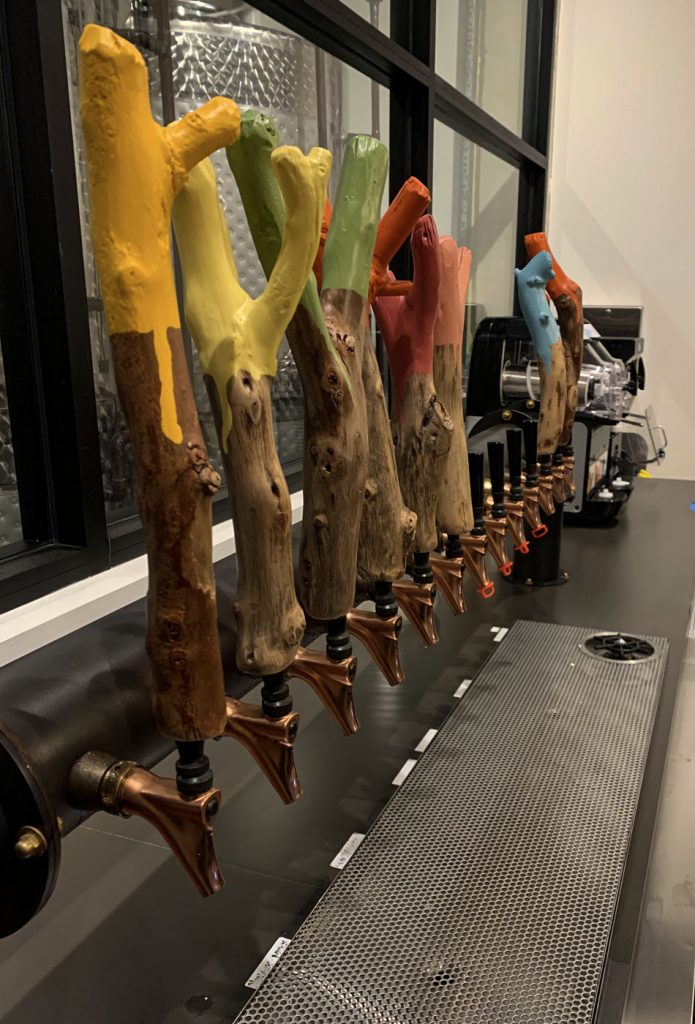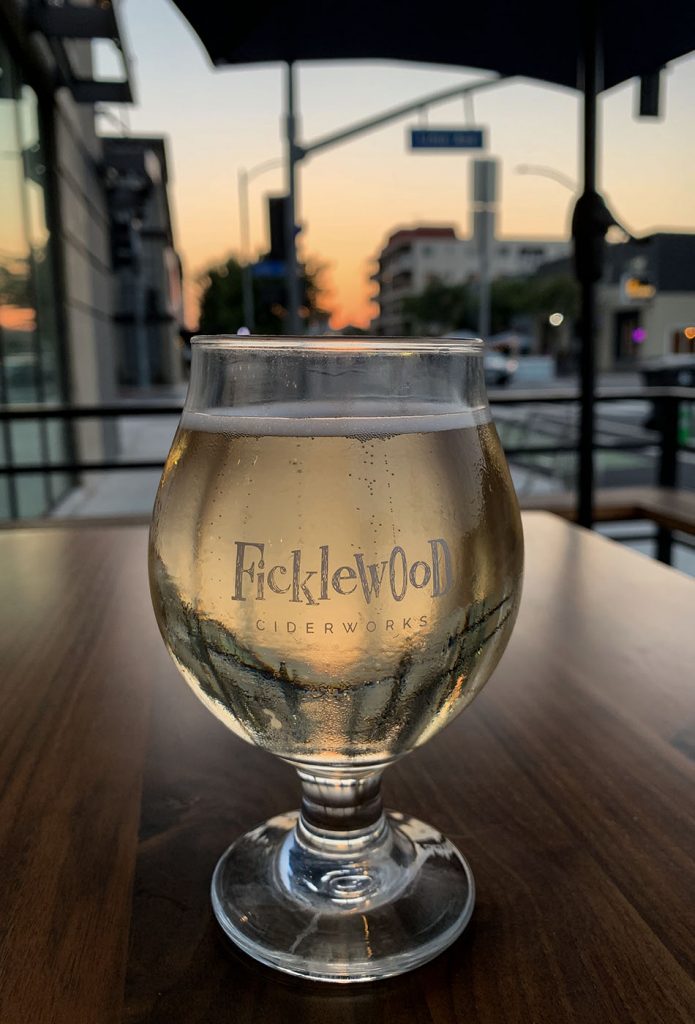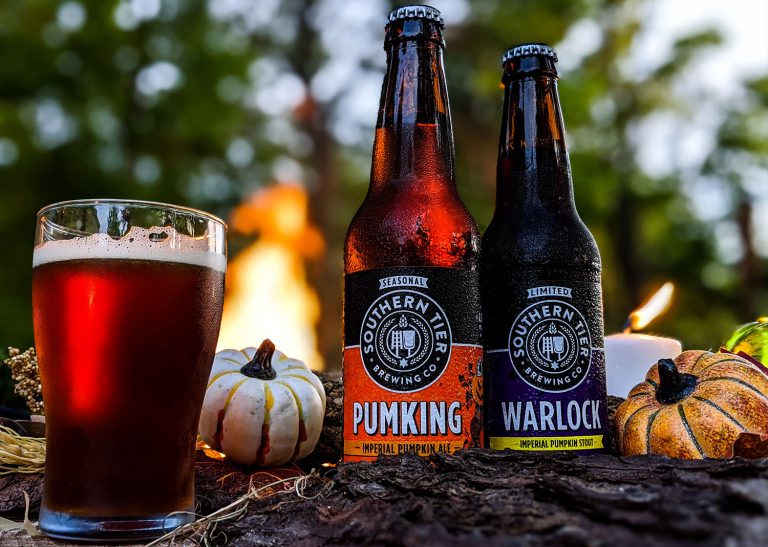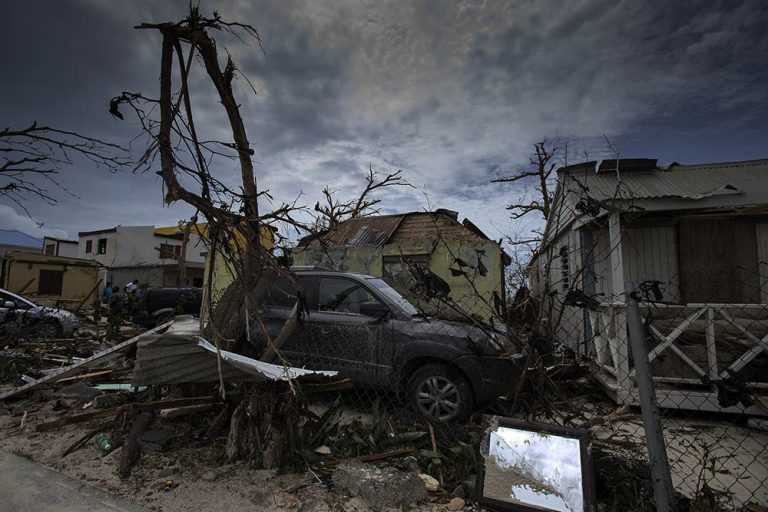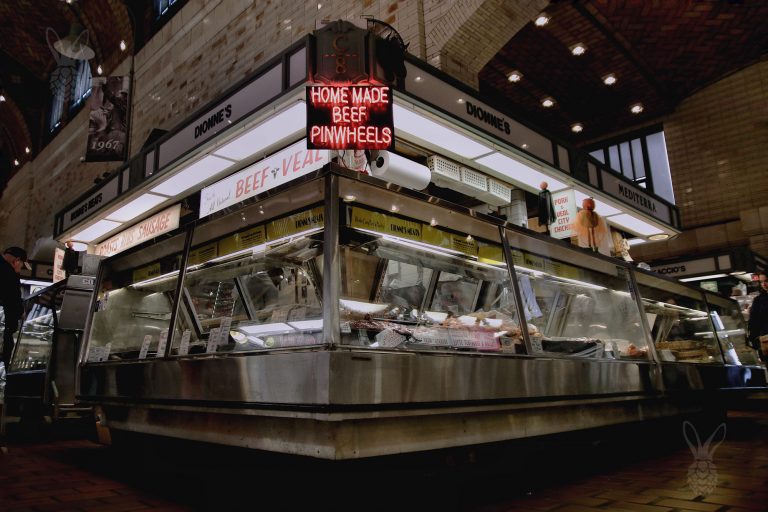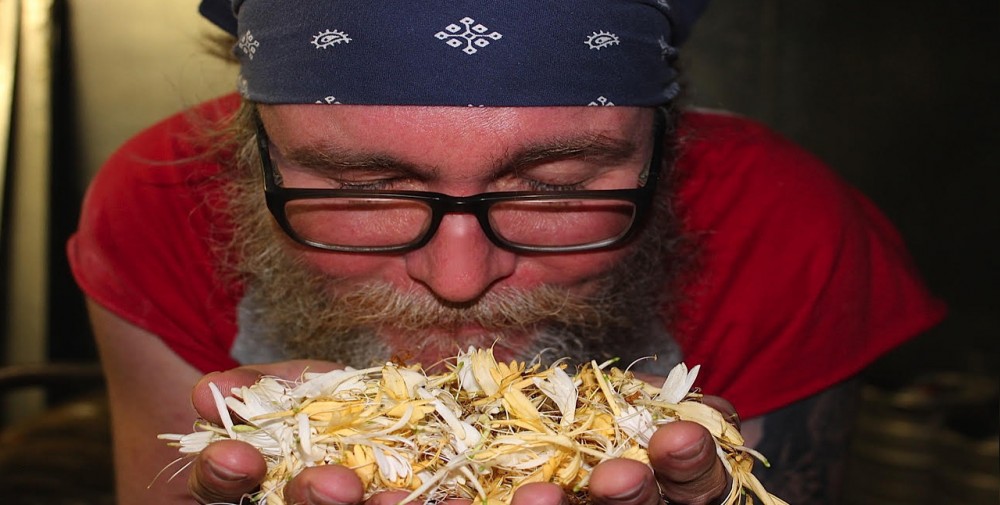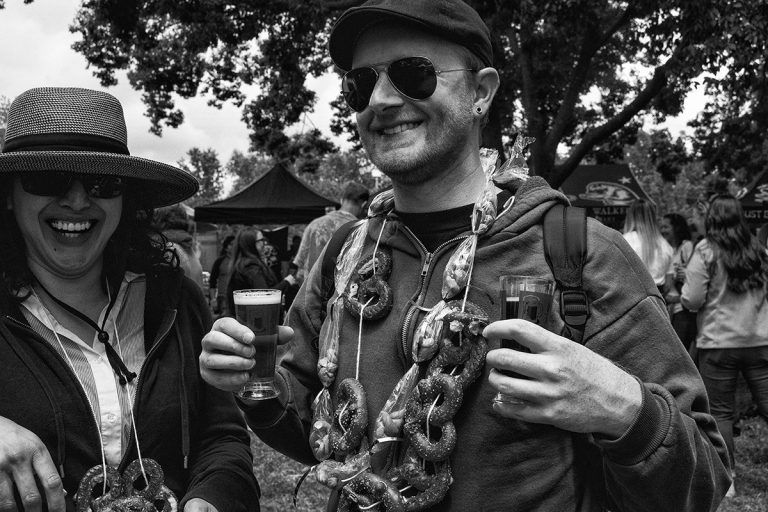Months After Opening Ficklewood Ciderworks Had To Fight To Survive
It didn’t take long after the doors opened for Ficklewood Ciderworks to become one of Long Beach’s newest hot spots. Then the pandemic hit.
By Eric Gibson | September 17, 2020
On the corner of a busy street in the reimagined husk of the old DMV stands Long Beach’s only cidery.
And it was on a typically perfect California night at the end of January when Ficklewood Ciderworks finally opened their doors wide, welcoming everyone to their grand opening. They would be filling the void left behind by Great Society, the last cidery to call the city home. It was a needed addition to an already busy downtown scene.
A food truck was humming outside. Inside was a packed house, from the bar top to the communal tables. Even the patio was full.
Barely a block from the ocean, a stone’s throw from massive cruise ships and the busy Port of L.A., competition would have normally been stiff but by the looks of it, Ficklewood wasn’t going to have any trouble. They were a hit.
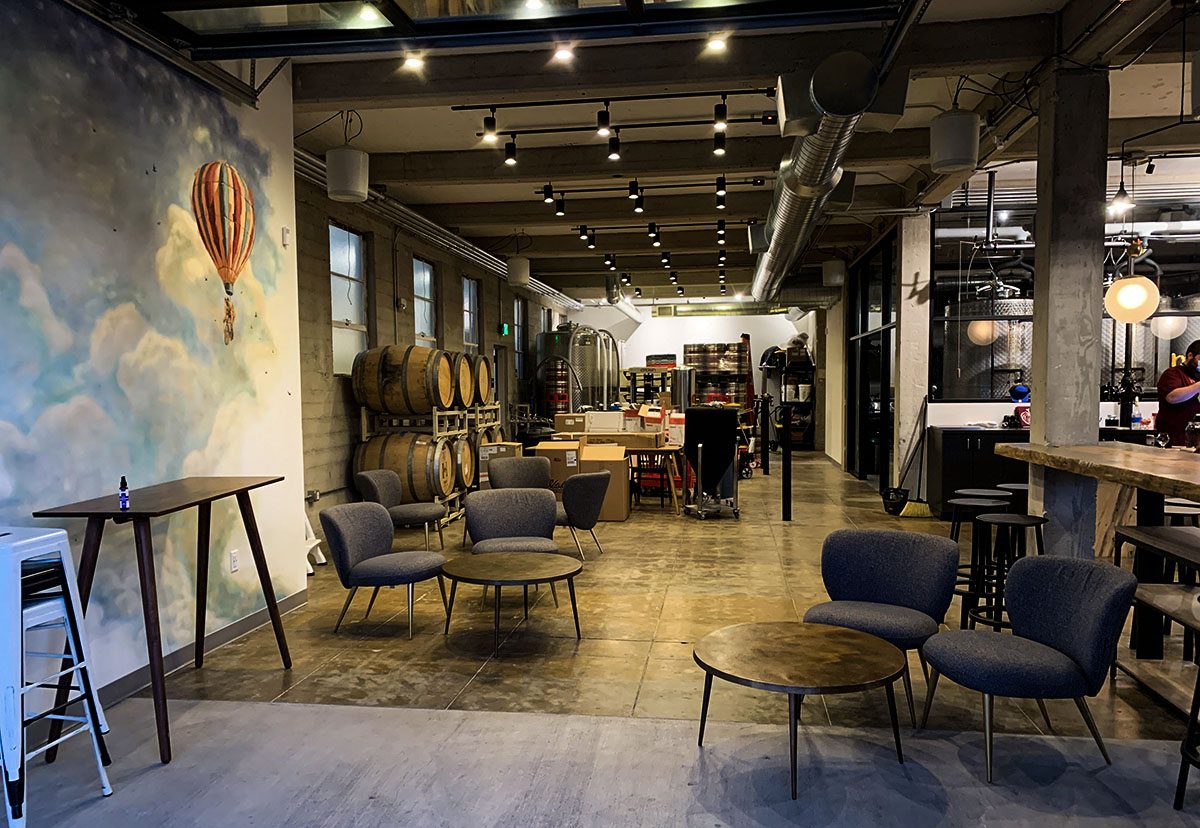
A Different Take on Cider
It was evident that owners Stefano Enjem and Joe Farrier had done things right. But they weren’t just another brewery. In fact, they weren’t a brewery at all. Since ciders are fermented with fruit it makes them more closely related to wine than beer and just like wines they can also have varying degrees of sweetness and dryness. Because of this, Ficklewood stood out.
Enjem and Farrier were doing things differently.
But only a few short months after the grand opening, the world as we knew it ended and the doors had to shut.
The ciders at Ficklewood Ciderworks weren’t the typical syrupy sweet gut bombs that have stormed taps and shelves under the guise of hard ciders in the past. Instead, like their wine brethren, they used a natural fermentation process that “brings out distinct notes with elevated flavor.” It wasn’t just marketing speak. Ficklewood’s ciders were powerful, naturally sweet, and intensely flavored drinks that didn’t get bogged down by an overabundance of sugar. Refreshing rather than guilt-inducing. Some were flavored with berries, vanilla, and even hops. Refined without being pretentious.
But the focus wasn’t solely on the taps. Ficklewood Ciderworks was instantly cozy. Welcoming. Again, different thanks to Enjem and Farrier.
They wanted to proudly showcase their Long Beach heritage and did so through the little details at the cidery. From the mural on the wall created by local artist Bodeck Hernandez, to the tap handles by artist Nat Losbaker, and even the logo, designed by a Long Beach company, were all local. The apples, from the north at an orchard near Sacramento, were also grown close to home.
Ficklewood was designed to be “Long Beach’s living room” and it was working. Crowds flowed in, ciders flowed out. It was an inviting place to share a drink with friends.
But only a few short months after the grand opening, the world as we knew it ended and the doors had to shut. Shelter in place. Stay home, stay safe.
California was shut down.
A Bleak Future
Fresh off of a successful grand opening, Ficklewood had to close, and no one knew for how long. It was daunting. Weeks in quarantine turned to months as the uncertainty dragged on.
Restaurants started to board up for good, unable to afford southern California rents. The outlook was grim.
That didn’t stop Ficklewood. They fought on.
They never halted production and continued to can and distribute while coming up with new ideas to keep the business from going under. They started by delivering their ciders via bicycle couriers. It was an environmentally-minded stroke of genius but their delivery area was limited. Then they expanded into selling cans and growlers for take-out, allowing for carryout directly from the taproom. Ficklewood even got into the grocery game matching a few other Long Beach restaurants to provide patrons with essentials like eggs and milk as stores ran out.
It was growlers, cans, and toilet paper during the pandemic.
It worked. They were still afloat, still alive, and a beacon of hope in the downtown community. Slowly the restrictions started to lift. Guests moved from their living rooms to the cidery’s patio and eventually back to the taproom, with precautions of course, and their unique style of cider started to flow again.
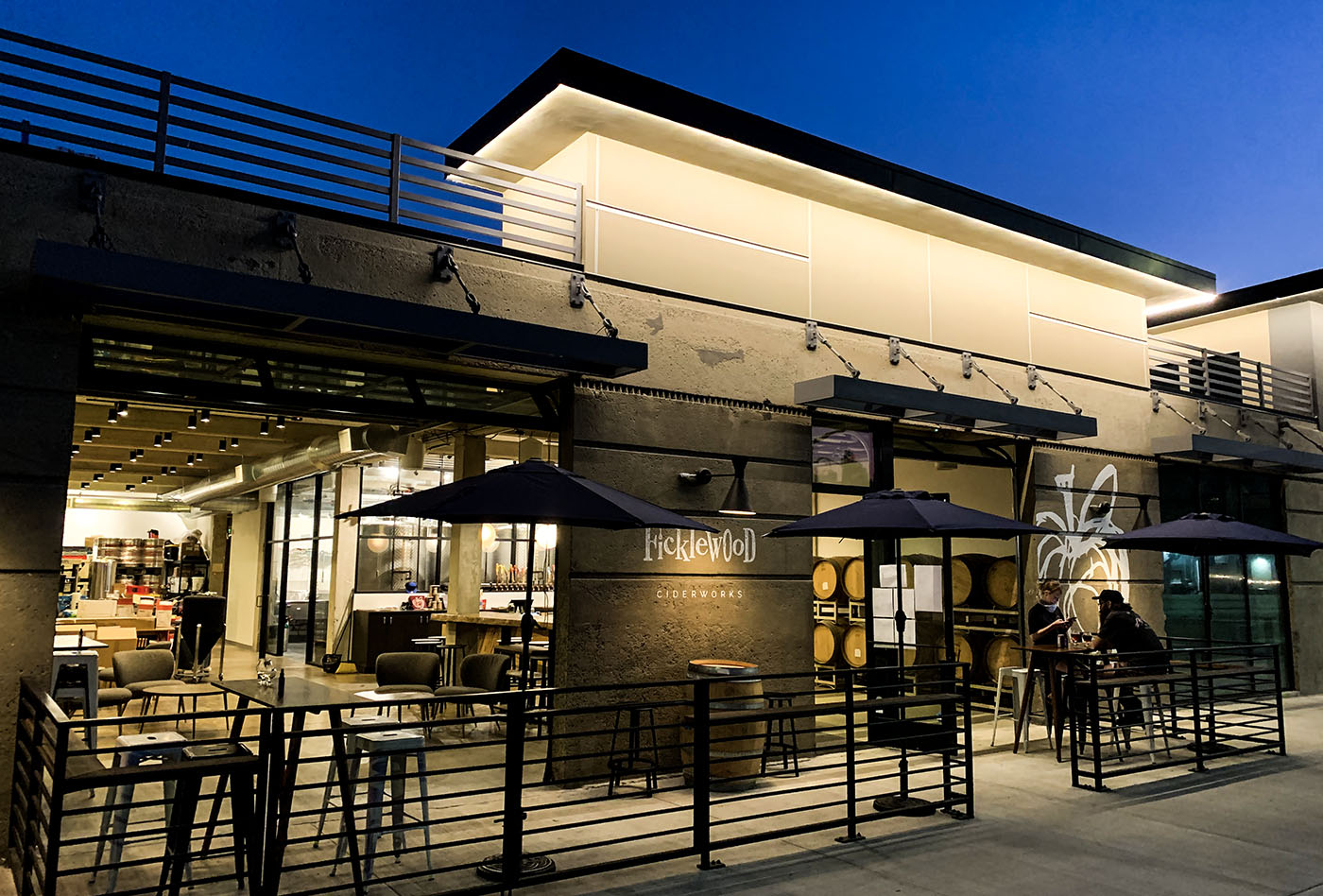
After The Storm
Things still aren’t back to normal, but Ficklewood is winning.
Ciders are constantly being cellared, canned, or shipped off, and the pace hasn’t slowed a bit. Rotating taps with limited releases and one-offs are back and going fast, their social media constantly updating with something new and delicious. Recently their peach-infused cider with hints of cinnamon was a hit and during the sweltering Labor Day heatwave introduced frozen beverages.
Hours might still be reduced and mandates for social distancing and facial coverings are still being strictly enforced, but thirsty patrons and cider supporters can still get a flight at the taproom or a glass filled by the “long pour”, Ficklewood’s unique nine-foot pour that aerates the cider before it gets to the glass.
Thankfully, they haven’t halted signups for their Inciders Club, a monthly membership that nets larger pours into a personal mug, access to a private tasting lounge, invitations to events, and the list goes on and on. Inciders also get the first taste of all the newest releases before the rest of the public. Benefits are still worthwhile despite the state of things.
All said after a very successful grand opening and weathering the worst of the pandemic, Ficklewood Ciderworks has managed to dust itself off and throw the garage doors back open. While the country collectively recollects itself and timidly returns to normal, Ficklewood is waiting, still that warm inviting destination for deliciously different, refined ciders.
We couldn’t be happier.
Visit Ficklewood Ciderworks for updated hours, rotating taps, and more information. Photography by Andrew Wentzel, but he’s not a photographer. Click here to learn more.




